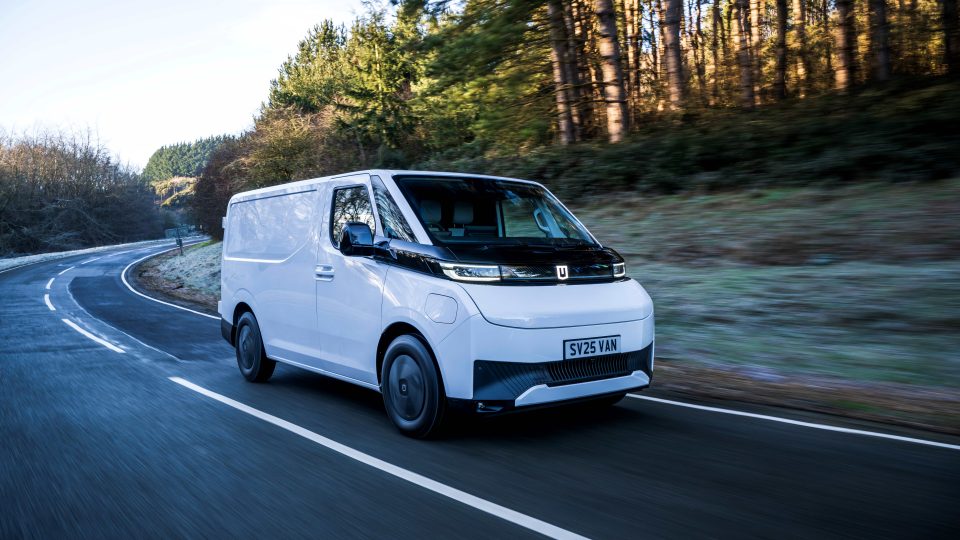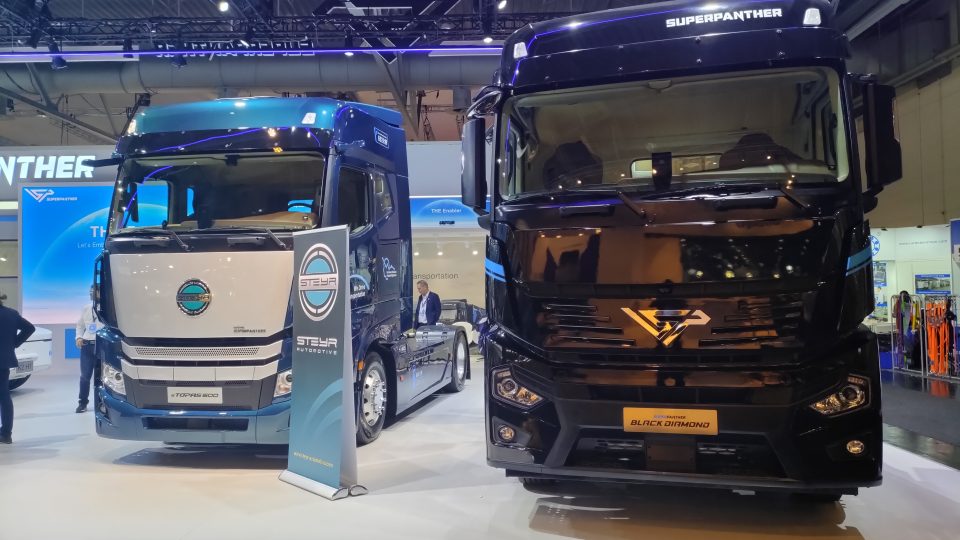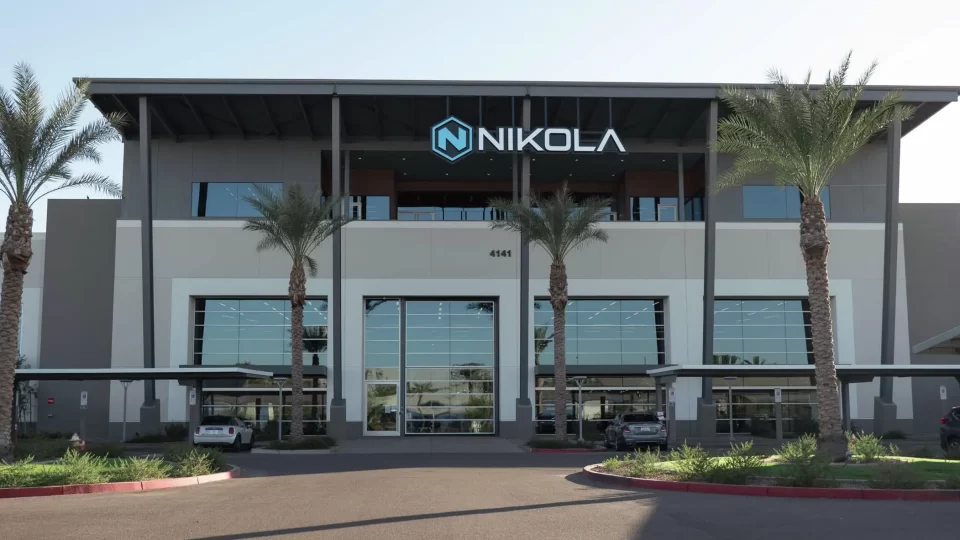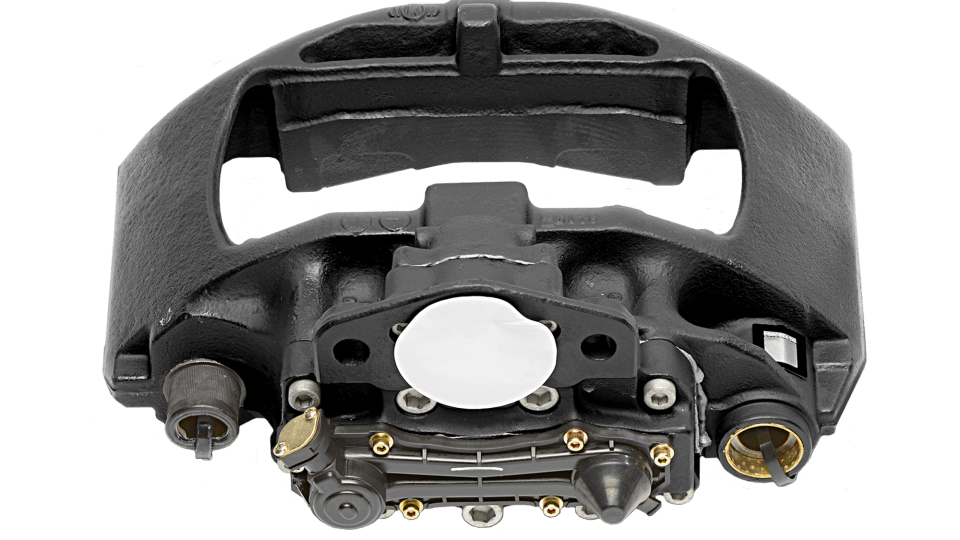MAN TGE vans ready for stricter emissions standards
The new engines for the TGE up to 3.5 tons also score with a considerable reduction in fuel consumption and thus also in CO2 emissions.
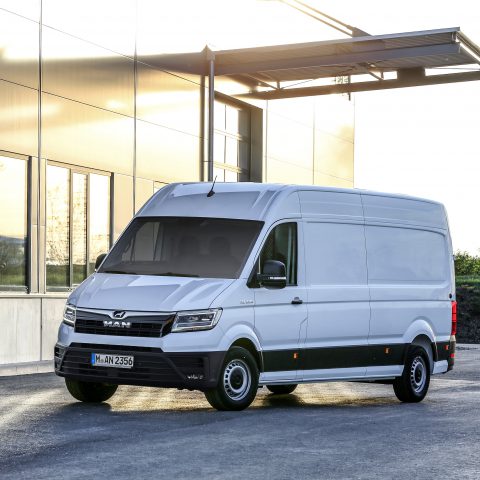
MAN TGE vans are ready to meet the stricter emissions standards that will soon enter into force in Europe. The undisputable fact is that from 1 January 2022, vans of class N1, that is to say those up to 3.5 tonnes permissible total weight, must be equipped with engines of the Euro 6d emission level.
Along with the commitment on electric vehicles, namely the full-electric MAN eTGE already sold by the German manufacturer, the combustion engine is being further developer, indeed.
MAN TGE meeting emissions standards: reduction in fuel consumption
The difference between the previously applicable Euro 6d temp and Euro 6d standard does not lie in the emission limit values themselves, but the permissible exceedance factor of the limit values in real road traffic RDE (Real Driving Emission) changes. This indicates by how much the legal limit value for nitrogen oxides (NOx) may be exceeded between test bench test according to WLTP driving cycle and real driving operation. The overrun factor was reduced from 2.1 to 1.43 with Euro 6d.
MAN informs that the new engines for the TGE up to 3.5 tons also score with a considerable reduction in fuel consumption and thus also in CO2 emissions. The reduction for all engines is between 9 and 10 percent. In concrete figures for an L3H3 panel van, with an output of 103 kW (140 hp), this means that previously the CO2 emissions according to the WLTP measuring cycle were 253 g/km (9.7 l/100 km), from now on only 230 g CO2/km (8.8 l/100 km) are necessary.
Enlarged AdBlue container and ‘twin-dosing’ SCR
In addition, the Euro 6d engines, now installed as a standard, have a newly developed exhaust gas cleaning near the engine, a new engine control system, an enlarged AdBlue container with a capacity of 30 liters and a new exhaust system. The Euro 6d engines for the MAN TGE are now installed as standard.
A new technology that comes into the vehicle with the Euro 6d engine is the SCR system called ‘Twin Dosing’, mainly responsible for the CO2 savings mentioned above. These result from the additional second SCR catalyst and a double SCR injection. In twin-dosing technology, the reducing agent AdBlue is injected into two reduction catalysts arranged one behind the other. One of them close to the engine in the exhaust gas cleaning module, the second away from the engine on the underbody of the vehicle. This concept ensures an effective reduction of NOx at high and low exhaust gas temperatures.





